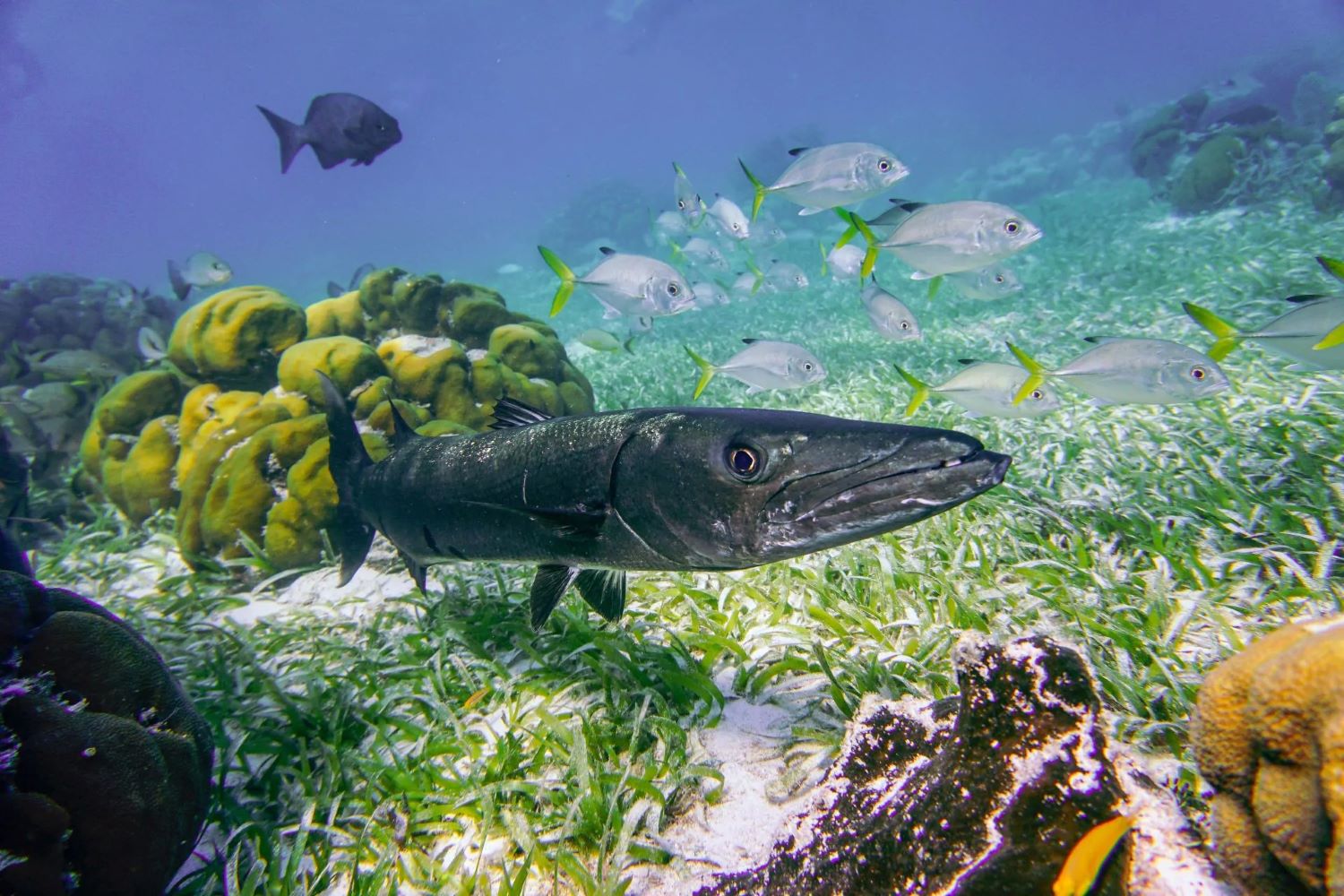
Ever wondered why we dedicate a whole day to celebrating the creatures of the deep? World Aquatic Animal Day on April 3rd isn't just another date on the calendar; it's a shout-out to the vital role aquatic animals play in our ecosystem. From the tiniest plankton to the majestic whales, each creature contributes to the ocean's health and, by extension, our planet's wellbeing. But why April 3rd, and what makes this day so special? Well, it's all about raising awareness, promoting conservation, and encouraging actions that support aquatic life. With oceans covering more than 70% of Earth's surface, it's high time we dive into understanding and appreciating our water-dwelling friends. So, grab your snorkels (metaphorically speaking), as we plunge into the fascinating world of aquatic animals and discover 14 facts that highlight the significance of this day.
Key Takeaways:
- World Aquatic Animal Day, celebrated on April 3rd, raises awareness about the importance of aquatic animals for our planet's health and human societies, and highlights the threats they face.
- By reducing plastic use, supporting sustainable seafood choices, and advocating for stronger environmental policies, individuals can make a positive impact on the health and protection of aquatic animals.
What is World Aquatic Animal Day?
World Aquatic Animal Day, celebrated on April 3rd, is a special day dedicated to raising awareness about aquatic animals and the critical roles they play in our ecosystems. This day aims to highlight the importance of aquatic animals, not just for their biodiversity but also for their contribution to human societies through food, culture, and livelihoods.
Why April 3rd?
- April 3rd was chosen for World Aquatic Animal Day to mark the anniversary of the Aquatic Animal Law and Policy Program. This program, part of the Lewis & Clark Law School, focuses on legal and policy measures to protect aquatic life. The date serves as a reminder of the ongoing efforts and the need for continued advocacy in this area.
The Significance of Aquatic Animals
-
Aquatic animals, ranging from fish to marine mammals and invertebrates, play vital roles in maintaining the health of our planet. They contribute significantly to the balance of marine ecosystems, acting as both predators and prey, and are essential for the health of coral reefs and seagrass beds.
-
Beyond their ecological roles, aquatic animals are crucial for the global economy. Fisheries and aquaculture provide primary sources of protein for billions of people worldwide and are a livelihood for millions of families.
Threats Facing Aquatic Animals
-
Unfortunately, aquatic animals face numerous threats, including overfishing, habitat destruction, pollution, and climate change. These challenges not only endanger the animals themselves but also the human communities that depend on them.
-
Plastic pollution, in particular, poses a significant threat to aquatic life. Millions of tons of plastic end up in the oceans each year, harming animals through ingestion and entanglement.
How Can We Help?
-
Reducing plastic use and properly disposing of waste can significantly decrease pollution and its harmful impacts on aquatic animals.
-
Supporting sustainable seafood choices is another way individuals can make a difference. Opting for fish from sources that use environmentally friendly fishing methods helps reduce overfishing.
-
Advocating for stronger environmental policies and protections for aquatic habitats can also lead to positive changes. Public support for conservation initiatives is crucial for their success.
Celebrating World Aquatic Animal Day
-
Participating in local clean-up efforts on beaches and rivers is a direct way to contribute to the health of aquatic ecosystems.
-
Educational events and social media campaigns around April 3rd offer opportunities to learn more about aquatic animals and spread awareness of the issues they face.
-
Donating to organizations dedicated to aquatic animal conservation can help fund research, rescue operations, and advocacy work.
The Future of Aquatic Animals
-
The future of aquatic animals depends on our actions today. By making informed choices and advocating for their protection, we can ensure that these vital members of the Earth's biodiversity thrive for generations to come.
-
Continued research and innovation in the field of marine biology and conservation are essential for developing effective strategies to protect aquatic life.
-
Engaging younger generations in the conservation of aquatic animals is key to fostering a long-term commitment to their well-being and the health of our planet.
A Final Splash into World Aquatic Animal Day
World Aquatic Animal Day on April 3rd isn't just another date on the calendar. It's a call to action, a reminder of our shared responsibility to protect those who inhabit the waters of our planet. From the tiniest plankton to the majestic whales, each creature plays a vital role in the aquatic ecosystem. Celebrating this day means recognizing the beauty and importance of aquatic animals, advocating for their protection, and educating others about the challenges they face. Whether it's reducing plastic use, supporting sustainable fishing practices, or simply learning more about these incredible beings, every small effort counts. Let's make a ripple effect of positive change for our water-dwelling friends. After all, their survival and well-being are intricately linked to our own.
Frequently Asked Questions
Was this page helpful?
Our commitment to delivering trustworthy and engaging content is at the heart of what we do. Each fact on our site is contributed by real users like you, bringing a wealth of diverse insights and information. To ensure the highest standards of accuracy and reliability, our dedicated editors meticulously review each submission. This process guarantees that the facts we share are not only fascinating but also credible. Trust in our commitment to quality and authenticity as you explore and learn with us.
